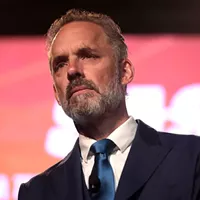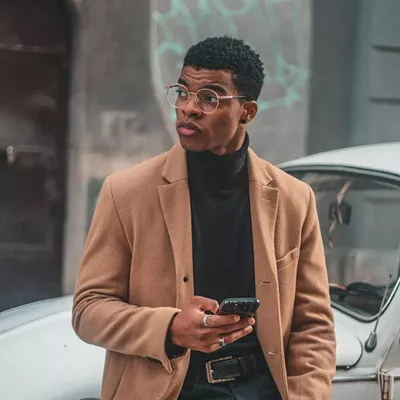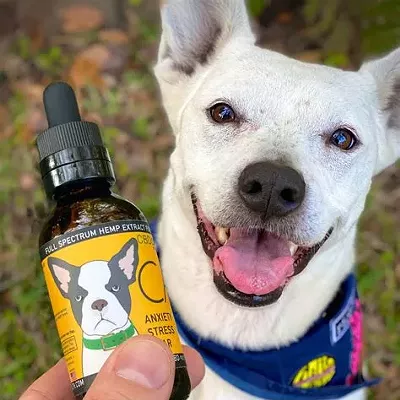An estimated 5,000 people gathered downtown without any problems last week. No shootings, no melees and -- despite the presence of agitators -- not even a fight. Many of these people had arrived in town for the weekend to rent hotel rooms, eat at restaurants and party at clubs. All this brought an untold amount of money to Charlotte, and brought it peacefully.
Now, on that basis alone, you might think this crowd would be welcomed. But the crowd was here for the Pride Charlotte festival, so their reception was, well, more complicated. Official Charlotte -- that is, the overwhelming bulk of the city's politicians -- made little discernible effort to court this economic force. (Mecklenburg County Commissioner Jennifer Roberts did speak at the festival.) But Pride Charlotte received no official "hello." Center City Partners, a downtown booster group, didn't mention it on its Web site alongside other activities that weekend, such as the Southern Florists Association Annual Tradeshow. Mayor Pat McCrory gave the festival no letter of welcome, just as he didn't sign a letter welcoming the Human Rights Campaign to Charlotte in February 2005. None of this went unnoticed by attendees.
But Gay Pride did receive a welcome of another sort, perhaps of the kind most quintessentially Charlotte: corporate sponsorship. Two of the region's largest employers -- Bank of America and Wachovia -- were among the festival's largest financial backers, each donating more than $7,500. That may not be much for corporate giving, but it put them indisputably among the most prominent sponsors. BofA had the biggest booth at the festival; bank logos and other corporate symbols were ever-present, leaving some festival goers to note that, if Charlotte wasn't supposed to be gay-friendly, two major leaders of its corporate community hadn't received the memo.
After Christian fundamentalists disrupted Gay Pride in May 2005, which 3,000 people attended, the festival's future was uncertain. The leader of Operation Save America, the Rev. "Flip" Benham, proclaimed victory when Pride organizers decided not to have it at Marshall Park.
Once The Lesbian & Gay Community Center stepped in to organize this year's festival, they hoped to keep attendance numbers stable at about 2,000 to 3,000, said David Moore, a member of the festival's task force and editor of Q-Notes. Instead, more than 5,000 people showed up -- more than Moore could remember at a gay-themed event in Charlotte. Linda Davis, a volunteer, said organizers started turning away vendors two months ago. "We've almost outgrown (Gateway Village)."
Moore surmised that last year's protests had rallied people to return this year. Otherwise, he said, "the impact that they had on our festival was negligible."
True, far fewer antigay demonstrators showed this year. Gateway Village is private property, so protesters largely stayed outside the venue. The "Enforcers of Peace," a volunteer security force clad in teal T-shirts, followed those that ventured inside and assured attendees they didn't have to talk to protesters. Some Pride opponents were handing out rainbow-colored bracelets that appeared gay-friendly but instead bore messages directing people to an antigay Web site, Moore said.
By mid-afternoon, only two Operation Save America members remained. At the corner of Fifth and Cedar streets, in front of the Urban League's offices, two demonstrators read what could only be assumed were Bible verses, judging by the few "thou shalt nots" that could be heard over the festival din. Occasionally, one would blow some kind of horn.
In front of the duo sat an Operation Save America sign that proclaimed the old Leviticus line, "Thou shalt not lie with a man as with a woman; it is an abomination." (Judging by their attire, it's probable they don't mind breaking Leviticus' admonition against wearing clothing with mixed fibers. But no matter.)
People barely seemed to notice the two men; the cops appeared nonplussed. Inside Gateway Village, a friendly, laid-back crowd watched performances and sampled the leaflets and wares of vendors.
As drag queens performed on stage nearby, some people lamented the seemingly intractable shadow that has afflicted Pride events in the Queen City. "I think Charlotte is a small city that really thinks of itself as a big city, but after being here for 10 years, we are so far behind in some of the human rights things that we should be ahead of the pace in," said Christopher Jones, who moved to Charlotte a decade ago from Wilkes-Barre, PA, a town of about 42,000 people. "I'm surprised at the level of right-wing hold, you know what I mean? I'm surprised at the presence of it here, that in other cities of the same size is insignificant."
Kelly Hall moved here a few years ago from Jacksonville, FL. "You would think I'd be used to this, but for whatever reasons, it's not like that down there," he said. "(Pride) is a very big deal and everybody went. This one, it seems to struggle."
Antigay protestors last year "were very much an integral part of the whole Pride scene," said Jones, "You did not talk about Pride without talking about the protesters."
He compared Charlotte to his home state. "When you're up in Pennsylvania, you know they're there, but they have their own booth just like everyone else, so you just ignore them," Jones said. "Down here, it's pervasive. Everyone sees them; you point them out to your friends. They do get a lot of visibility here not only from the press, which is why they're here, I believe, but they get a lot of visibility from the people that they're protesting against."
The visibility of some high-profile antigay attitudes affects the gay community psychologically, Jones said. "Everyone who's here is here with a question mark or with quotation marks around themselves, like, 'I'm here but with some deniability.'" Jones said. "It's pervasive. I feel it in the community."
Steven Turner, 27, of Charlotte, who grew up here and came out as a teenager, said he was optimistic the city will become more gay-friendly -- and at an increasingly rapid rate. "In the next five years, it's going to be an exciting place," Turner said. "The more the city's grown, the more open it's become."
Martin Doss, a Pride volunteer, said the presence of big-name sponsors indicated how Charlotte is accepting gays and lesbians more. "You can look at the vendors and see that."
Speaking of 4.43000
-
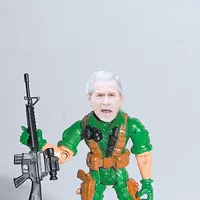
The War on Terror™, so far
Oct 17, 2007 -
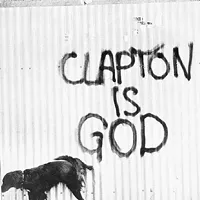
What If 'God' Was One of Us?
Oct 11, 2006 -
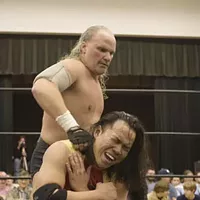
The Last Rassler
Feb 15, 2006 - More »
Latest in News Feature
More by Karen Shugart
-
Mecklenburg and beyond ...
Feb 10, 2009 -
Mecklenburg and beyond ...
Feb 9, 2009 -
Mecklenburg and beyond ...
Feb 6, 2009 - More »
Calendar
-
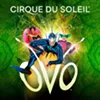 Cirque du Soleil: OVO @ Bojangles' Coliseum
Cirque du Soleil: OVO @ Bojangles' Coliseum -
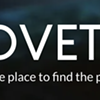
Coveted Luxury Watches
-

TheDiscountCodes
-
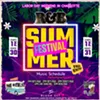
Queen City R&B Festival & Day Party @ Blush CLT
-
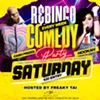
R&B Music Bingo + Comedy Show @ Blush CLT



